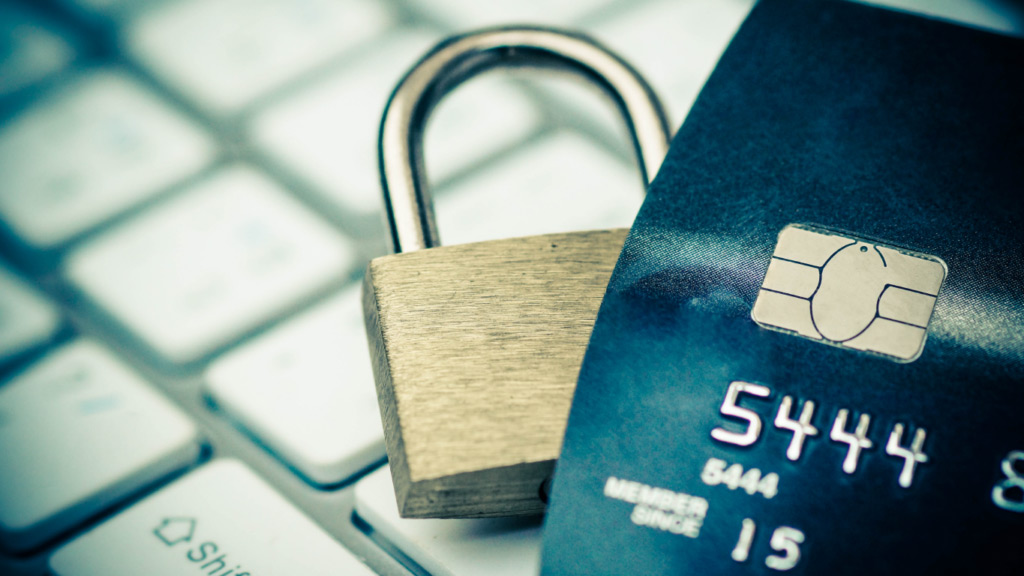If you have not yet heard, Experian, a credit bureau that partners with many banks and credit providers in South Africa had a data breach which was thought to have compromised the personal details of 24 million South Africans. After investigating the matter further, Experian has confirmed that no consumer credit or financial information was obtained.
As your chosen credit provider, GetBucks is committed to ensuring that your private information remains private, and with identity theft becoming more common around the world it is important that you are informed on what identity theft is and what precautions you need to take to ensure that your personal information remains in your control.
So firstly, what is identity theft?
Identity theft is when someone gains access to your personal information such as ID number, phone number, or home addresses and uses it for their personal gain without your permission. Once someone has your personal details, they can use it to access your bank accounts or open different accounts running up debt in your name. Most often than not, victims of identity theft of not aware of it until months later.
How do people get your details?
With technology and the internet changing every day, fraudsters and cybercrime is getting more advanced and criminals are getting smarter. There are many ways in which your identity or your personal information can be stolen; from criminals intercepting customers making a transaction at an ATM pretending to assist; to online shopping sites where you regularly shop being hacked.
With criminals getting smarter it is important that you remain informed, giving you the power to protect yourself, or act quickly should the need arise.
Some tips to avoid being a victim
We all do banking, shopping, email and more on the internet. After these transactions, ensure you log out of your accounts before closing the window on your computer or phone.
It may seem tedious but change your passwords every few months and when changing it, remember to use something people will not be able to guess and possibly some numbers or symbols to complicate the password further.
Destroy banking information. When you receive your new bank card, you may not realise it, but it has very important information sent with it. Ensure you destroy any documents that may have banking details or ID numbers on it so no one may get access to that information.
Another way of checking that no one has accessed your personal banking information or your identity to run up debt in your name is by accessing your credit report regularly. Your credit report will show you what accounts, loans or credit cards you have in your name. You will also be able to set alerts to notify you should there suspicious behaviour on any of your accounts.
Should you suspect that there may be fraudulent activity on your name you can contact the Southern African Fraud Prevention Service for immediate assistance.
We hope this helps and remember to stay informed.
The Team at nifty


